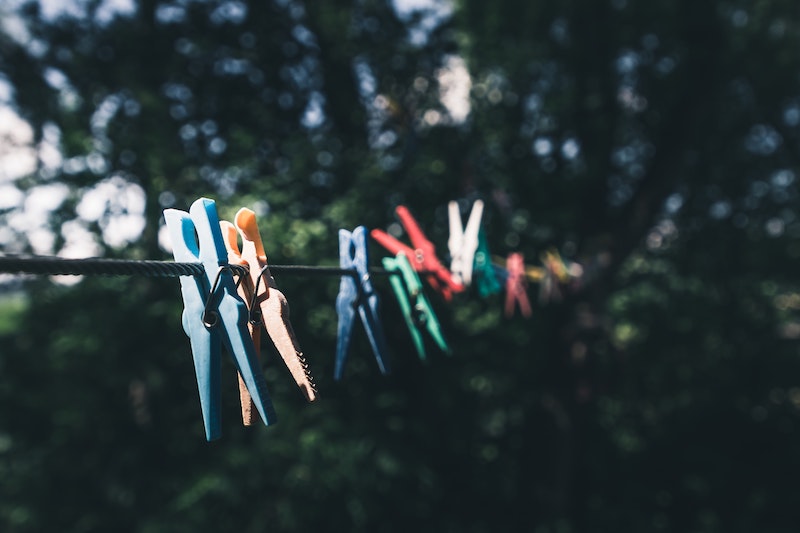By Eliza Thomas //
Many of us are dealing with the effects of social isolation and distancing during this COVID-19 crisis. Some of us have had it harder and are slipping into depressive states, especially when things are compounded with family and workplace stresses or, worse, unemployment and cash flow fears.
What if we took a leaf from the life of Victor Frankl, a Jewish psychiatrist who was imprisoned in the concentration camps of Nazi Germany? Even though he suffered greatly (his parents, wife and brother died in the camps or were sent to the gas chambers, and he himself suffered many indignities), Frankl decided that he was still free to choose how all this affected him. This was what he later called “the last of the human freedoms”.
Thus, instead of succumbing to his negative environment, he adapted his behaviour and emotions to become an inspiration to those around him, even some Nazi guards.
While this may be an extreme example, it did make me think: Might we who are down and out about COVID-19 measures see light like Frankl in our difficult situations?
“An enchanted life has many moments when the heart is overwhelmed by beauty and the imagination is electrified by some haunting quality in the world or by a spirit or voice speaking from deep within a thing, a place or a person,” writes author and former monk Thomas Moore.
Is it possible to appreciate beauty in, experience joy with and be recharged by the everyday mundanities of homebound life? I truly believe so. Here are some suggestions:
Grocery Shopping
- Shopping can be soulful. Step out of the house if you can instead of only shopping online.
- Buy real food, not instant meals.
- Treat it as an adventure as you explore new grocery possibilities.
- Feel good factor: Support local producers and our economy.
Showering
- Savour the trickling fountain over your body. Millions around the world don’t have this blessing of running water.
- Speak positive affirmations over your body, and appreciate its beauty and sensations.
- Feel good factor: Challenge yourself to perform an act of kindness for our planet by taking a shorter shower.
Cleaning the House
- Be mindful of the textures of furniture, appliances, etc as you clean them. Let it be a treat for your senses. Pretend you’re a writer describing each surface colourfully.
- Make it a family activity. Challenge one another to see who can complete the chores quicker or cleaner.
- Feel good factor: Appreciate and show your domestic helper or family member who usually does the chores that you are in solidarity with them in cleaning the house. They are not slaves.
Preparing Meals
- Meditate while cutting, peeling, stirring, measuring food items during meal preparations. Think of a spiritual verse or concept. Think of something you’re grateful for.
- Try out new recipes from different cultures and read up about where the dish is from and the country’s history to share later over the meal or in your social media posts.
- Feel good factor: Cook or bake for someone you love and deliver it to them.
Eating
- Where possible, eat together with those you live with or have a video chat meal if you are unable to be physically in the same space.
- Make conversations more intentional. Take turns doing research to facilitate a discussion or do a sharing on a certain topic / issue over meals.
- Feel good factor: Ask about one another’s wellbeing. Listen deeply and empathically as they share.
Don’t let COVID-19 limitations restrict our creativity to live an enchanted homebound life. Like Frankl, let’s be proactive in finding ways to make our life magical in everyday mundanities.
Eliza Thomas is as Rudyard Kipling said, “a dealer in words, and words are the most powerful drugs known to mankind”. She has worked in the news world, the charity sector and even in the classroom. As a mental health advocate, she has written about the topic for TODAY and Our Better World, and shared her story for the “In My Shoes” arts showcase as well as a National Council of Social Service video.
Eliza’s article is part of our #CopingCovid19 series, click here to read more stories about people coping wth COVID-19 and their mental health.

